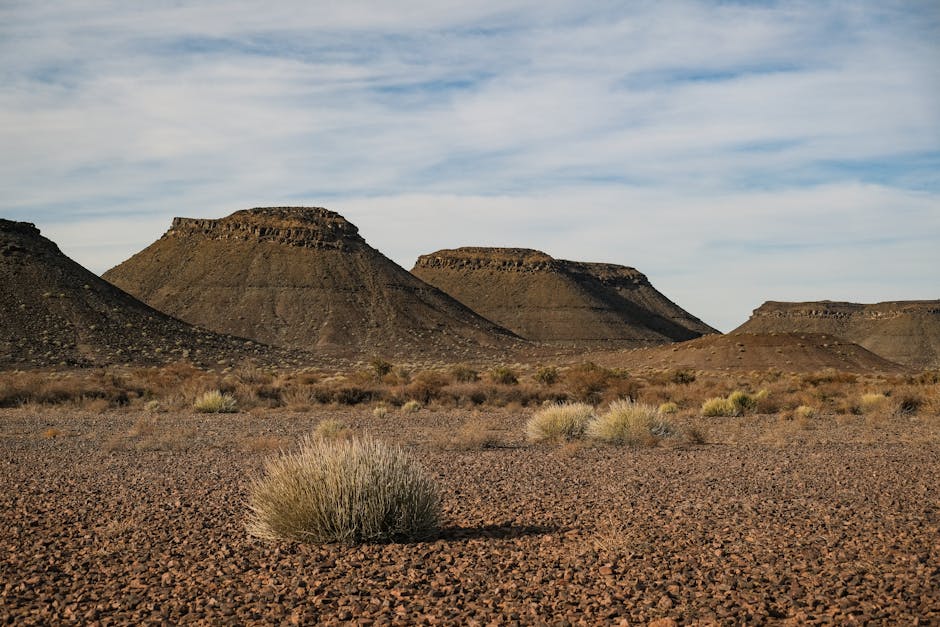**
Kuvalai Canal Weed Clearance Brings Relief to Farmers
In a major win for local agriculture, the Kuvalai Canal—a vital irrigation source in Tiruvannamalai district—has been cleared of invasive weeds after prolonged farmer protests. The obstruction had severely disrupted water flow, threatening crop yields and livelihoods.
Why Was the Canal Blocked?
For months, water hyacinths and other aquatic weeds choked the Kuvalai Canal, slowing irrigation and causing water stagnation. Farmers reported significant crop losses due to inadequate water supply, with some resorting to manual clearance efforts.
“Our fields were drying up because the canal water couldn’t reach us,” said Ramesh Kumar, a local farmer.
How Was the Issue Resolved?
Following sustained pressure from farming communities, the Public Works Department (PWD) launched a cleanup drive using heavy machinery and manual labor. District Collector Dr. Priya Mohan confirmed:
“We’ve restored water flow and will implement regular maintenance to prevent future blockages.”
Root Causes of the Crisis
Officials cited bureaucratic delays and budget shortages as key reasons for the delayed response. Environmental factors, including monsoon rains and chemical runoff, worsened weed proliferation.
Farmers Demand Sustainable Fixes
While the cleanup offers immediate relief, farmers advocate for long-term solutions, such as:
– Introducing weed-eating fish species
– Installing debris barriers
– Stricter industrial waste monitoring
“This canal sustains our lives—we need permanent solutions,” emphasized Kavitha Devi, a farmers’ collective member.
Broader Water Management Challenges
The Kuvalai Canal crisis reflects a nationwide issue—poor maintenance of water infrastructure. Similar problems in Punjab, Bihar, and West Bengal highlight the need for decentralized, community-involved management.
“Local empowerment ensures faster responses,” noted activist Arjun Mehta.
What’s Next?
The district has pledged regular inspections and increased funding for canal upkeep. Farmers remain hopeful for lasting improvements in water governance.
**




